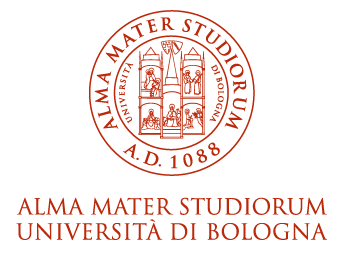
Each thesis requires an evaluation of the ethical aspects.
Some types of theses must obtain the opinion of the Ethics Committee (EC). There are several Ethics Committees; the one to be contacted depends on the subject of the thesis:
- If patients can be enrolled in a healthcare facility then it depends where the facility is: contact CE AVEC for the provinces of Bologna and Ferrara, CE CEROM for the Romagna area, and CE AVEN for the provinces of Piacenza, Parma, Reggio Emilia, and Modena;
- If the participants are not enrolled in a healthcare facility, contact the Bioethics Committee;
- If the participants are animals, contact the Animal Welfare Committee.
Pay attention to the timing! It is advisable to consult the schedule of the ethics committees’ meetings and the deadlines for sending requests.
The Supervisor is the reference contact responsible for identifying the type of thesis.
The Department to refer to is the one your Supervisor belongs to. The UNIBO faculty page indicates the relevant Department, which can be reached through the University address book.

Compilation thesis: concerns the analysis, description, and discussion of information already published (conducted mainly on bibliographic documentation).
Include the following exact words in the Introduction of the thesis: "This thesis does not require the opinion of the EC."
Application thesis with a primarily didactic purpose: collection and / or consultation of clinical data with analysis / monitoring of internal case histories in the Operating Units; clinical audits or similar activities, to improve the quality of health care
Applied thesis with a primarily scientific research purpose: documents that involve observational studies, intervention studies that involve the administration of a drug or dietary supplement, studies using a medical device, surgical technique, or innovative diagnostic tool, studies of new organizational models, and studies using human tissue in vitro.
Do not contact the EC if:
Applied thesis in the non-health sector: studies carried out in non-welfare structures and without interventions by qualified health personnel. The University Bioethics Committee has jurisdiction.
Application thesis involving the use of animals (or their tissues / cells): The University's Animal Welfare Service has jurisdiction; the project will be submitted to the Ethics Committee for animal testing.
If you are not sure what type your thesis is, you can follow the orientation guide.

According to the provisions of the General Data Protection Regulation EU 2016/679 (GDPR) concerning the protection of individuals with regard to the processing of their personal data, in order to use the data of individuals it is necessary that:
When the data are used anonymously and / or collected in such a way as to no longer allow the identification of the individual, even by resorting to correlations with other databases, there are no further requirements.
It should be clear who’s in charge of providing data protection and is therefore the data controller.
Some useful concepts to address the matter of personal data protection:
Orientation guide - in Italian
